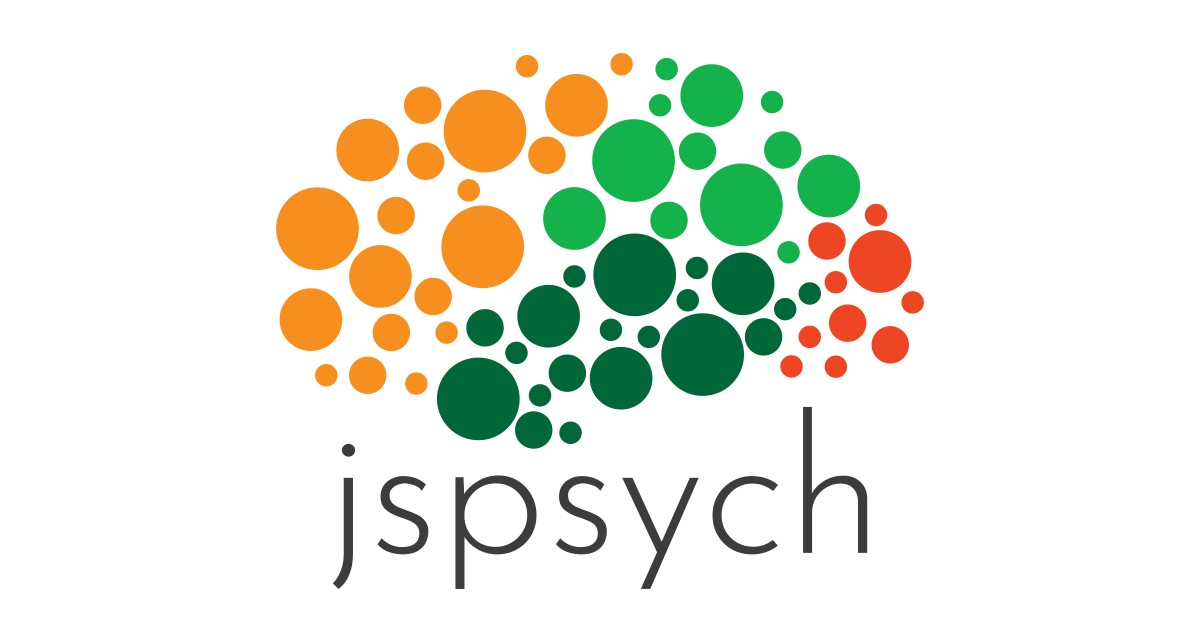@jspsych/plugin-virtual-chinrest
v3.0.0
Published
virtual chinrest plugin for jsPsych
Downloads
274
Readme

jsPsych is a JavaScript framework for creating behavioral experiments that run in a web browser.
Plugin Description
The virtual-chinrest plugin measures the distance between the participant and the screen. It can also standardize the jsPsych page content to a known physical dimension, such as ensuring 200px wide stimulus is 2.2cm on the participant's monitor. This is based on the work of Li, Joo, Yeatman, and Reinecke (2020), the code itself a modified version of their implementation.
Examples
Several example experiments and plugin demonstrations are available in the /examples folder.
After you've downloaded the latest release, double-click on an example HTML file to run it in your web browser, and open it with a programming-friendly text editor to see how it works.
Documentation
Documentation for this plugin is available here.
Getting help
For questions about using the library, please use the GitHub discussions forum. You can also browse through the history of Q&A on the forum to find related questions.
Contributing
We :heart: contributions! See the contributing to jsPsych documentation page for more information about how you can help.
Citation
If you use this library in academic work, the preferred citation is:
de Leeuw, J.R., Gilbert, R.A., & Luchterhandt, B. (2023). jsPsych: Enabling an open-source collaborative ecosystem of behavioral experiments. Journal of Open Source Software, 8(85), 5351, https://joss.theoj.org/papers/10.21105/joss.05351.
This paper is an updated description of jsPsych and includes all current core team members. It replaces the earlier paper that described jsPsych:
de Leeuw, J.R. (2015). jsPsych: A JavaScript library for creating behavioral experiments in a Web browser. Behavior Research Methods, 47(1), 1-12. doi:10.3758/s13428-014-0458-y
Citations help us demonstrate that this library is used and valued, which allows us to continue working on it.
Contributors
jsPsych is open source project with numerous contributors. The project is currently managed by the core team of Josh de Leeuw (@jodeleeuw), Becky Gilbert (@becky-gilbert), and Björn Luchterhandt (@bjoluc).
jsPsych was created by Josh de Leeuw.
We're also grateful for the generous support from a Mozilla Open Source Support award, which funded development of the library from 2020-2021.
